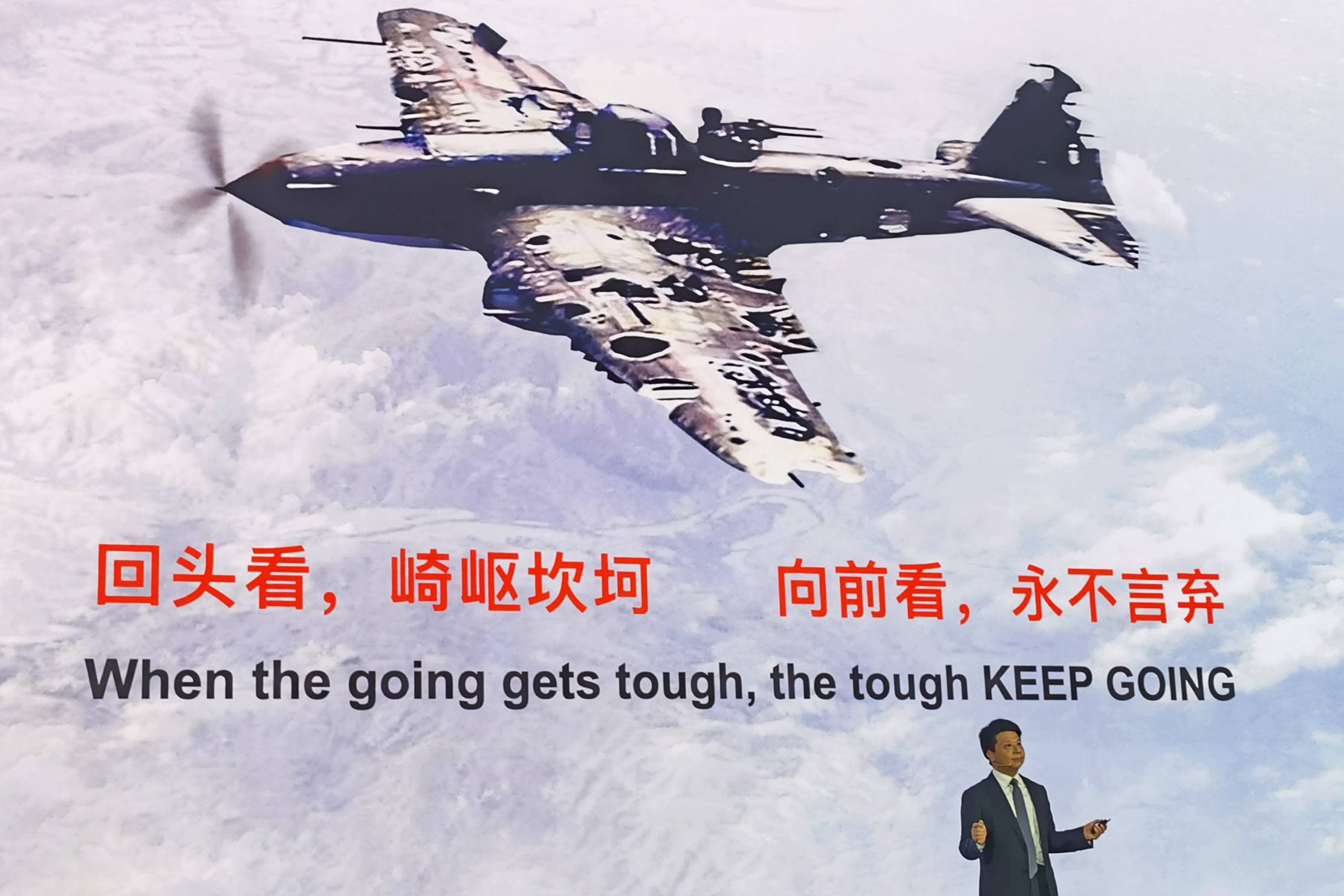Among China hawks in the United States, it seems that the greatest national security threat is posed by the Chinese telecommunications giant Huawei, eclipsing even that of the People’s Liberation Army. That threat has prompted the Trump administration to tighten the screws on Huawei, first restricting its access to the U.S. market, then pressing allies to do the same, then cutting off the company’s access to U.S. suppliers, and then again urging allied governments to force their businesses to follow the U.S. lead.
Last week, U.S. officials announced the “5G national security trifecta,” a series of inter-related measures that could truly hobble Huawei if Washington’s partners follow suit. Japan appears ready to do so. The steps are a reminder that its network of like-minded countries is Washington’s most important security asset and the U.S. undermines that network at its peril.
Since taking office, President Donald Trump has increasingly restricted Huawei’s access to U.S. markets and supplies, banning its use within the U.S. and putting it on lists of companies to which the export of U.S. goods deemed important to national security is restricted.



















With your current subscription plan you can comment on stories. However, before writing your first comment, please create a display name in the Profile section of your subscriber account page.